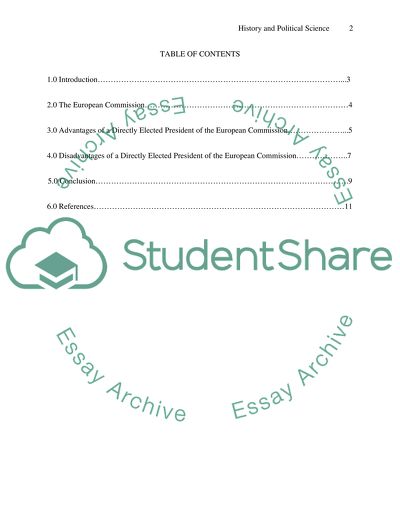Cite this document
(“What are the advantages and disadvantages of having a directly elected Essay”, n.d.)
What are the advantages and disadvantages of having a directly elected Essay. Retrieved from https://studentshare.org/history/1592280-what-are-the-advantages-and-disadvantages-of-having-a-directly-elected-president-of-the-commision-for-the-european-union
What are the advantages and disadvantages of having a directly elected Essay. Retrieved from https://studentshare.org/history/1592280-what-are-the-advantages-and-disadvantages-of-having-a-directly-elected-president-of-the-commision-for-the-european-union
(What Are the Advantages and Disadvantages of Having a Directly Elected Essay)
What Are the Advantages and Disadvantages of Having a Directly Elected Essay. https://studentshare.org/history/1592280-what-are-the-advantages-and-disadvantages-of-having-a-directly-elected-president-of-the-commision-for-the-european-union.
What Are the Advantages and Disadvantages of Having a Directly Elected Essay. https://studentshare.org/history/1592280-what-are-the-advantages-and-disadvantages-of-having-a-directly-elected-president-of-the-commision-for-the-european-union.
“What Are the Advantages and Disadvantages of Having a Directly Elected Essay”, n.d. https://studentshare.org/history/1592280-what-are-the-advantages-and-disadvantages-of-having-a-directly-elected-president-of-the-commision-for-the-european-union.


